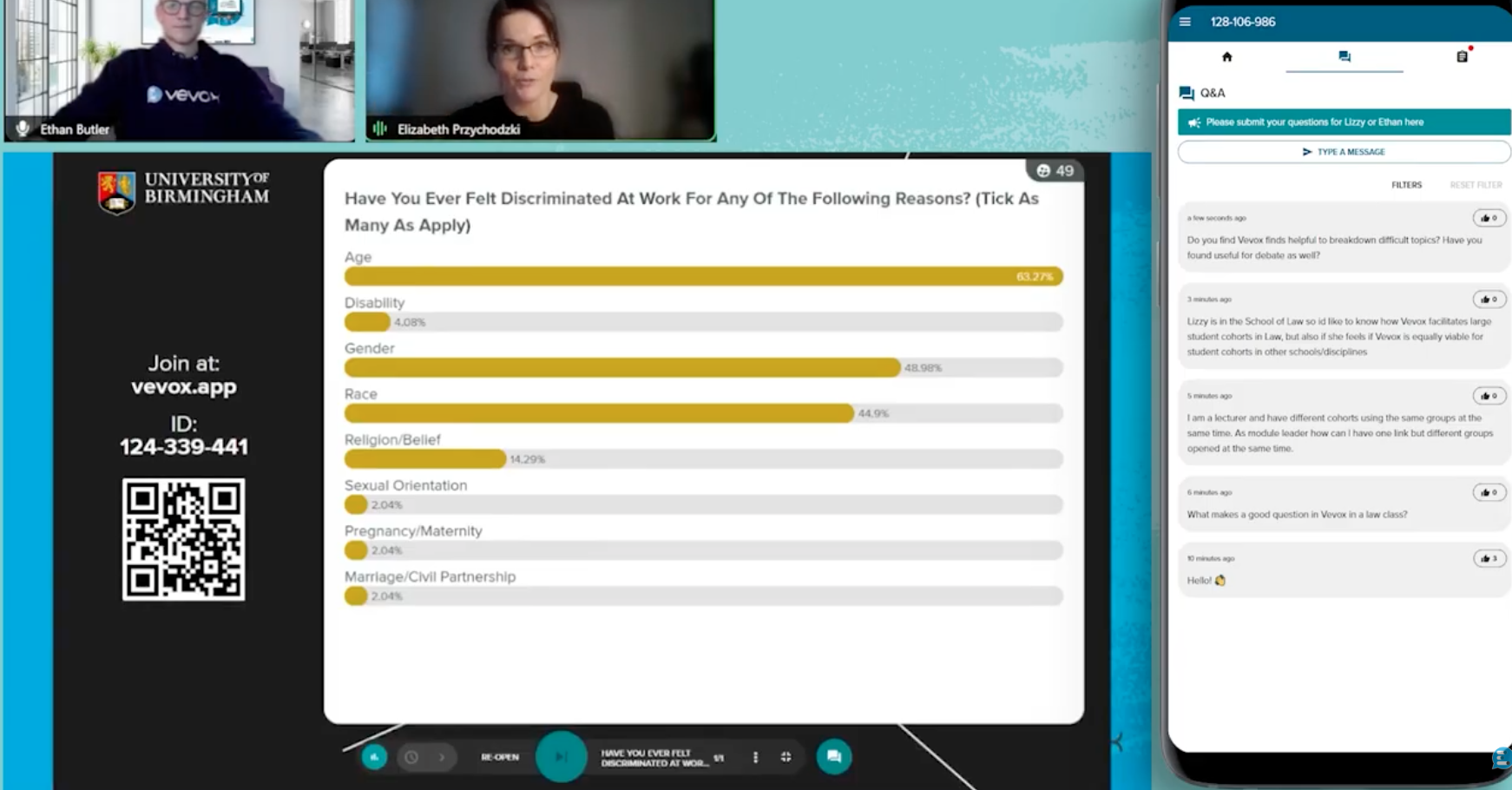Culture defines the ideas and social behaviours of a group of people or society. In other words, it defines their way of life. You could think of it as the personality of an organisation. Your organisational culture is formed of a combination of the values, beliefs and behaviours of those within it.
The importance of a positive company culture
Organisational culture plays an important role in the overall health of your organisation. It also helps to determine the success of your company, people and consumers.
Your company culture is a contributing factor in determining the type of employees that join and leave your organisation. A company that’s known for its strong company culture is more likely to not only retain employees but also to attract more applicants during the recruitment process.
When describing a strong company culture, you want to be associated with terms like: respectful, open, collaborative, innovating, and challenging.
Words associated with a negative company culture include: micromanagement, profit focused, lack of engagement, poor leadership, office gossip etc.
For example, companies like Netflix, Twitter, Facebook and Google are bound to receive hundreds of thousands of job applications annually as they’re famous for having a fantastic company culture.
3 elements that make great company culture
The elements of great company culture depend of the type of business it is and the calibre of employees and customers you’d like to bring it. It also depends on how you want your company to be perceived. But there are core elements that should apply to every great organisational culture. Some of which include:
Clear communication: It’s the key to maintaining any relationship and the same applies within an organisation. A common trend among companies with a strong culture is communication. Within these companies, there’s a regular flow of information between staff of all levels.
These companies understand the importance of transparency and the part it plays in avoiding conflicts within the business. A lack of communication in a company means that information isn’t being passed up or down the hierarchy which could lead to misinformation and communication breakdown.
Transparency: Communication and transparency go hand-in-hand. Effective communication needs to be transparent, it allows everyone to understand each other better. Transparency within an organisation means employees are aligned with the company’s goals and objectives. It also means staff will be able to understand the reasons for certain decisions and feedback.
Selective recruitment: Hiring the right type of staff is vital to the overall success of your business. Apart from the culture of an organisation, getting this right also contributes to a lower retention rate as well as a reduction in the costs associated with the recruitment and training of new employees.
During the recruitment process, it’s important to identify candidates that share similar values to the organisation. While every company wants to hire the best people with the most experience and skill, it’s also necessary to consider how they’ll fit into your business.
During the interview stage, as well as asking questions about the applicant’s skills, consider questions that assess their suitability to your organisation. Asking questions about their motivation, optimal working environment, and career ambitions can help to decide if they’re a good fit for the company.
Conclusion
The focus on company culture is only becoming more important. Whether you run a local 2-man business or an international organisation with over 100 employees, you’ll still need to focus on your company culture.
Because every business is different, there’s no one specific formula that works for all business. The one constant though, is a strong and consistent set of values that adequately represent your company.
Are you wanting to get valuable feedback on your workplace communications and engagement? Then download this ready to use survey which includes the essential questions that you should be asking your employees.

This article was written by Peninsula HR. Peninsula is UK and Ireland’s most trusted provider of employment law, HR and health & safety services, supporting over 33,700 client businesses.





